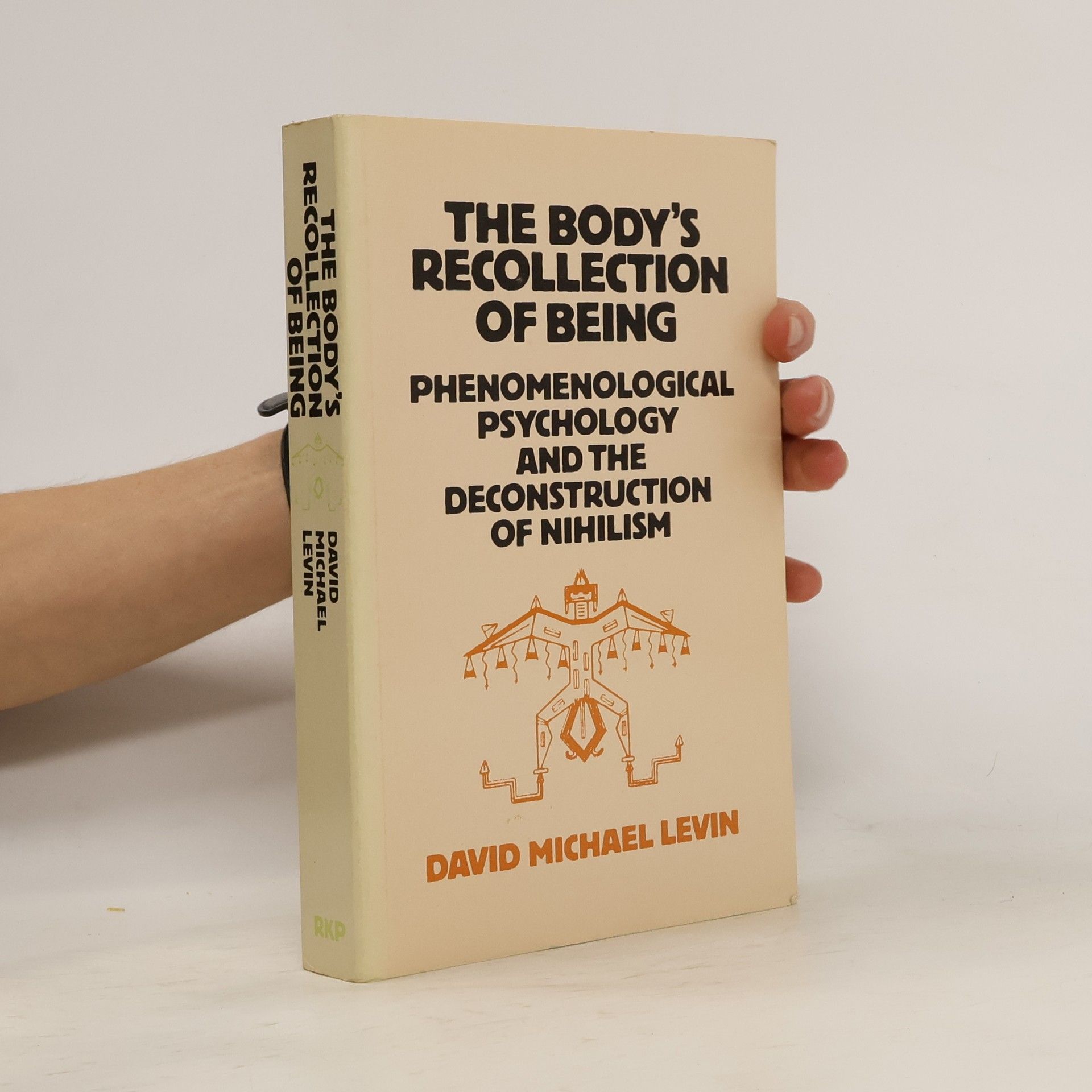Body's Recollection of Being
Phenomenological Psychology and the Deconstruction of Nihilism
- 404bladzijden
- 15 uur lezen
This is a unique study, contuining the work of Merleau-Ponty and Heidegger, and using the techniques of phenomenology against the prevailing nihilism of our culture. It expands our understanding of the human potential for spiritual self-realization by interpreting it as the developing of a bodily-felt awareness informing our gestures and movements. The author argues that a psychological focus on our experience of well-being and pathology as embodied beings contributes significantly to a historically relevant critique of ideology. It also provides an essential touchstone in experience for a fruitful individual and collective response to the danger of nihilism.Dr Levin draws on Merleau-Ponty's phenomenology to clarify Heidegger's analytic of human beings through an interpretation that focuses on our experience of being embodied. He reconstructs in modern terms the wisdom implicit in western and semitic forms of religion and philosophy, considering the work of Freud, Jung, Focault and Neitzsche, as well as that of American educational philosophers, including Dewey. In particular, he draws on the psychology of Freud and Jung to clarify our historical experience of gesture and movement and to bring to light its potential in the fulfilment of Selfhood. Throughout the book, the pathologies of the ego and its journey into Selfhood are considered in relation to the conditons of technology and the powers of nihilism.

